What Is A Reverse Mortgage - How Does A Reverse Mortgage Work?
09:09 | 19/10/2023 Print
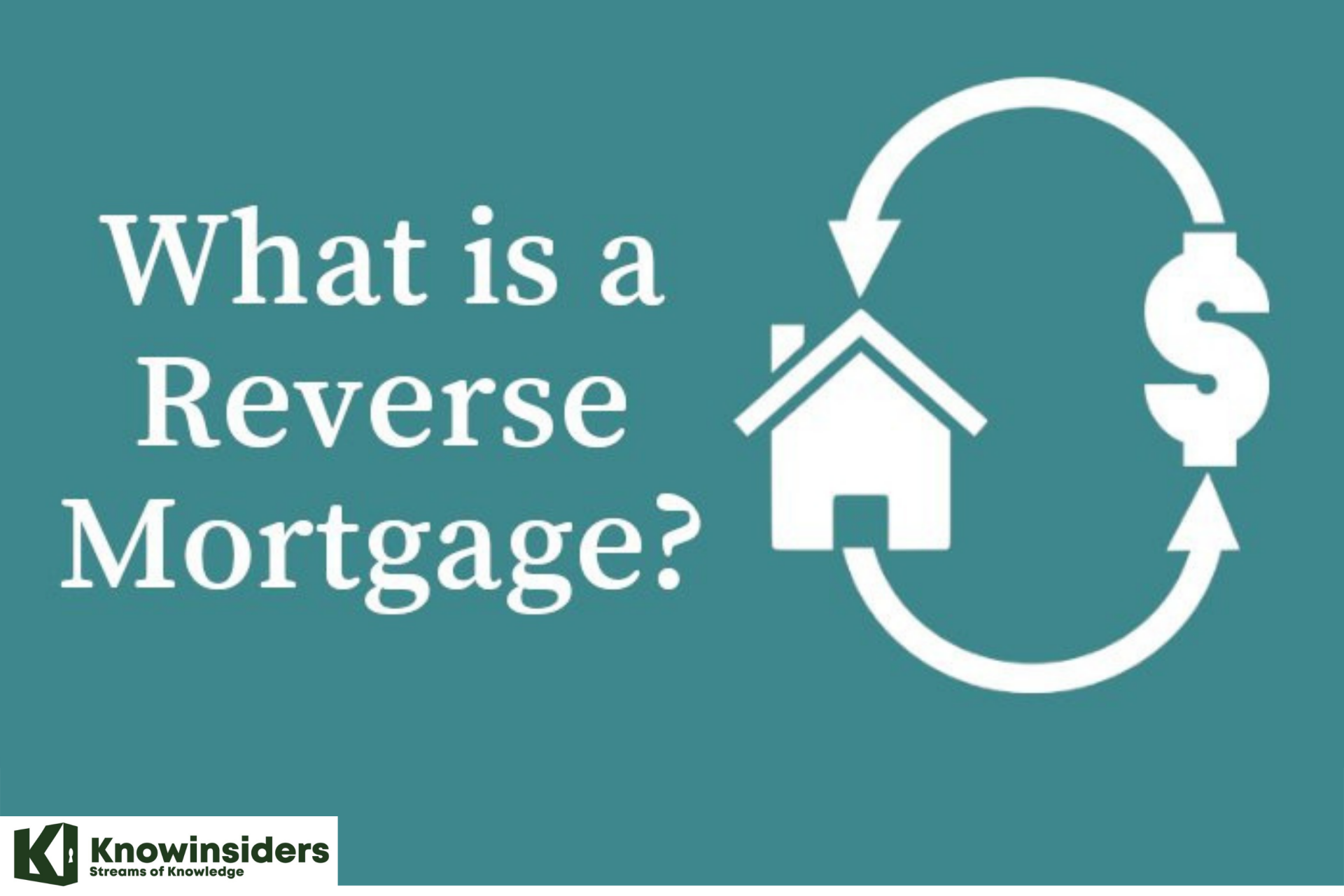 |
| What Is A Reverse Mortgage? |
| Table of Contents |
Consider a reverse mortgage if you need money to pay off your mortgage, supplement your income, or cover medical costs. It enables you to convert a portion of your home's equity into cash without having to sell it or incur additional monthly payments. Take your time, though; a reverse mortgage can be tricky, and it might not be the best option for you. Reverse mortgages can deplete home equity, leaving you and your heirs with fewer assets. If you do decide to look for one, consider the various reverse mortgage products and compare lenders before choosing one.
Continue reading to find out more about reverse mortgages, including how they operate, how to qualify for one, how to get the best deal possible, and how to report any suspected fraud.
What is a reverse mortgage?
Consider a reverse mortgage as a regular mortgage with the roles reversed. In a typical mortgage, the buyer borrows money to pay for the home and repays the lender over time. In a reverse mortgage, the borrower borrows money against their existing home, potentially never having to pay back the lender.
The majority of reverse mortgage loans are ultimately not paid back by the borrower. Instead, the property is sold by the borrower's heirs to settle the loan when they move or pass away. Any surplus funds from the sale belong to the borrower (or their estate).
The majority of reverse mortgages are provided by government-backed programs with stringent guidelines and criteria for lending. There are also private reverse mortgages, also known as proprietary reverse mortgages, which are provided by private non-bank lenders; however, these are less regulated and more likely to be frauds.
What are the types of reverse mortgages?
Reverse mortgages come in three different varieties. The home equity conversion mortgage (HECM) is the most popular. The HECM is the reverse mortgage product that lenders offer on properties with values under $765,600 and is the one that you are most likely to obtain, so this article will focus on it. However, if the value of your house is higher, you might want to consider a jumbo reverse mortgage, also known as a proprietary reverse mortgage.
When you take out a reverse mortgage, you can choose to receive the proceeds in one of six ways:
Lump-sum: Get all the proceeds at once when your loan closes. This is the only option that comes with a fixed interest rate. The other five have adjustable interest rates.
Equal monthly payments (annuity): The lender will consistently make payments to the borrower so long as at least one borrower resides in the property as their primary residence. The tenure plan is another name for this.
Term payments: The lender gives the borrower equal monthly payments for a set period of the borrower’s choosing, such as 10 years.
Line of credit: Money is available for the homeowner to borrow as needed. The homeowner only pays interest on the amounts actually borrowed from the credit line.
Equal monthly payments plus a line of credit: As long as the property is occupied as the principal residence by at least one borrower, the lender will make consistent monthly payments. The credit line is available to the borrower at any time if they require additional funds.
Term payments plus a line of credit: For a predetermined amount of time—say, 10 years—the lender gives the borrower equal monthly payments. The borrower has access to the line of credit if they require additional funds during or after that period.
A reverse mortgage known as a "HECM for purchase" can also be used to purchase a residence other than the one you currently reside in.4 This kind of mortgage, also known as an FHA reverse mortgage, is only offered by lenders who have been approved by the FHA.5
In any case, to be eligible for a reverse mortgage, you will typically need to have at least 50% equity—based on the current value of your home, not the price you originally paid for it. Lenders have different standards.
Who owns the house in a reverse mortgage?In a reverse mortgage scenario, you own the home just like in any other type of mortgage. However, the mortgage is fully due and payable when the borrower passes away or relocates. Michael Sullivan, a personal financial consultant with nonprofit credit counseling and debt management organization Take Charge America, explains that if you are unable or unwilling to pay off the debt, the lender may be forced to sell your house in order to recover the money it is owed. "Normally, if the house is sold for less than the amount owed, the homeowner or beneficiaries are not responsible for any costs," continues Sullivan. |
What can a reverse mortgage be used for?
 |
| Photo; cornerstonefirst |
According to Bruce McClary, spokesman for the National Foundation for Credit Counseling, common and acceptable uses of reverse mortgage proceeds include supplementing retirement income, paying for necessary home repairs, or covering out-of-pocket medical expenses.
A reverse mortgage can prevent seniors from turning to high-interest lines of credit or other more expensive loans "in every situation where regular income or available savings are insufficient to cover expenses," McClary says.
How do reverse mortgages work?
When you have a regular mortgage, you make monthly payments to the lender to gradually purchase your home. You obtain a loan through a reverse mortgage, and the lender pays you back. Reverse mortgages act as a kind of advance payment on your home equity by taking a portion of the equity in your home and turning it into payments to you. Typically, the money you receive is tax-free. Generally, as long as you continue to reside in your home, you are not required to repay the loan. You, your spouse, or your estate would pay back the loan when you passed away, sold your house, or moved out. Selling the house to raise the necessary funds to pay back the loan may be necessary.
There are three different types of reverse mortgages: proprietary reverse mortgages, which are private loans; single-purpose reverse mortgages, which are provided by some local and state governments as well as nonprofit organizations; and federally-insured reverse mortgages, also known as Home Equity Conversion Mortgages (HECMs).
Any reverse mortgage you obtain allows you to borrow money against the value of your house. The home's title belongs to you. However, you receive a cash advance from a portion of your home equity as opposed to making regular mortgage payments. In most cases, the money you receive won't be taxable, and it won't have an impact on your Social Security or Medicare benefits. The loan must be repaid when the last surviving borrower passes away, sells the property, or stops using the house as their primary residence. A non-borrowing spouse might be permitted to stay in the house in certain circumstances.
Here are some things to consider about reverse mortgages:
There are fees and other costs. The origination fee, other closing costs, and servicing fees for reverse mortgages are typically assessed by the lenders. For HECMs that are federally insured, some also charge mortgage insurance premiums.
You owe more over time. Interest accrues on the amount you owe each month as you receive funds from your reverse mortgage. That implies that as the interest on your loan accumulates over time, the amount you owe increases.
Interest rates may change over time. The majority of reverse mortgages have variable rates, which fluctuate with the market and are based on a financial index. You typically have more options with variable-rate loans for how to access the money from the reverse mortgage. The majority of reverse mortgages (HECMs) offer fixed rates, but you typically have to take your loan as a lump sum at closing. You can frequently borrow less money overall than you could with a variable rate loan.
Interest is not tax-deductible each year. Interest on reverse mortgages is not deductible on income tax returns – until the loan is paid off, either partially or in full.
You have to pay other costs related to your home. You maintain ownership of your home when you get a reverse mortgage. That implies that you are in charge of paying the mortgage, utilities, insurance, fuel, and other costs. Additionally, the lender may ask you to repay your loan if you don't pay your property taxes, maintain homeowner's insurance, or maintain your home. You must submit a financial assessment when applying for a mortgage. In order to cover your taxes and insurance during the loan, your lender might ask for a "set-aside" amount. The "set-aside" lowers the amount of money that can be received in payments. You are still in charge of home maintenance.
What happens to your spouse? If you took out a HECM loan and your spouse didn't, there are some circumstances in which your spouse may be allowed to live in the house even after you pass away as long as they continue to make mortgage and insurance payments and maintain the property. However, since your spouse was not a party to the loan agreement, they will no longer receive payments from the HECM.
What can you leave to your heirs?Reverse mortgages can deplete your home's equity, leaving you and your heirs with fewer assets. A clause referred to as a "non-recourse" exists in the majority of reverse mortgages. This means that when the loan is due and the house is sold, neither you nor your estate can owe more than the house is worth. With a HECM, you would typically not have to pay more than the home's appraised value if you or your heirs choose to pay off the loan and keep the house instead of selling it.
Who a reverse mortgage is right for?
Not everyone should get a reverse mortgage. Only specific borrowers are eligible, and only specific borrowers can use them because of the way they are structured. For whom a reverse mortgage might make sense
• Seniors who are encountering significant costs late in life
• People who have depleted most of their savings and have considerable equity in their primary residences
• People who don’t have heirs who care to inherit their home
What are reverse mortgage pros?
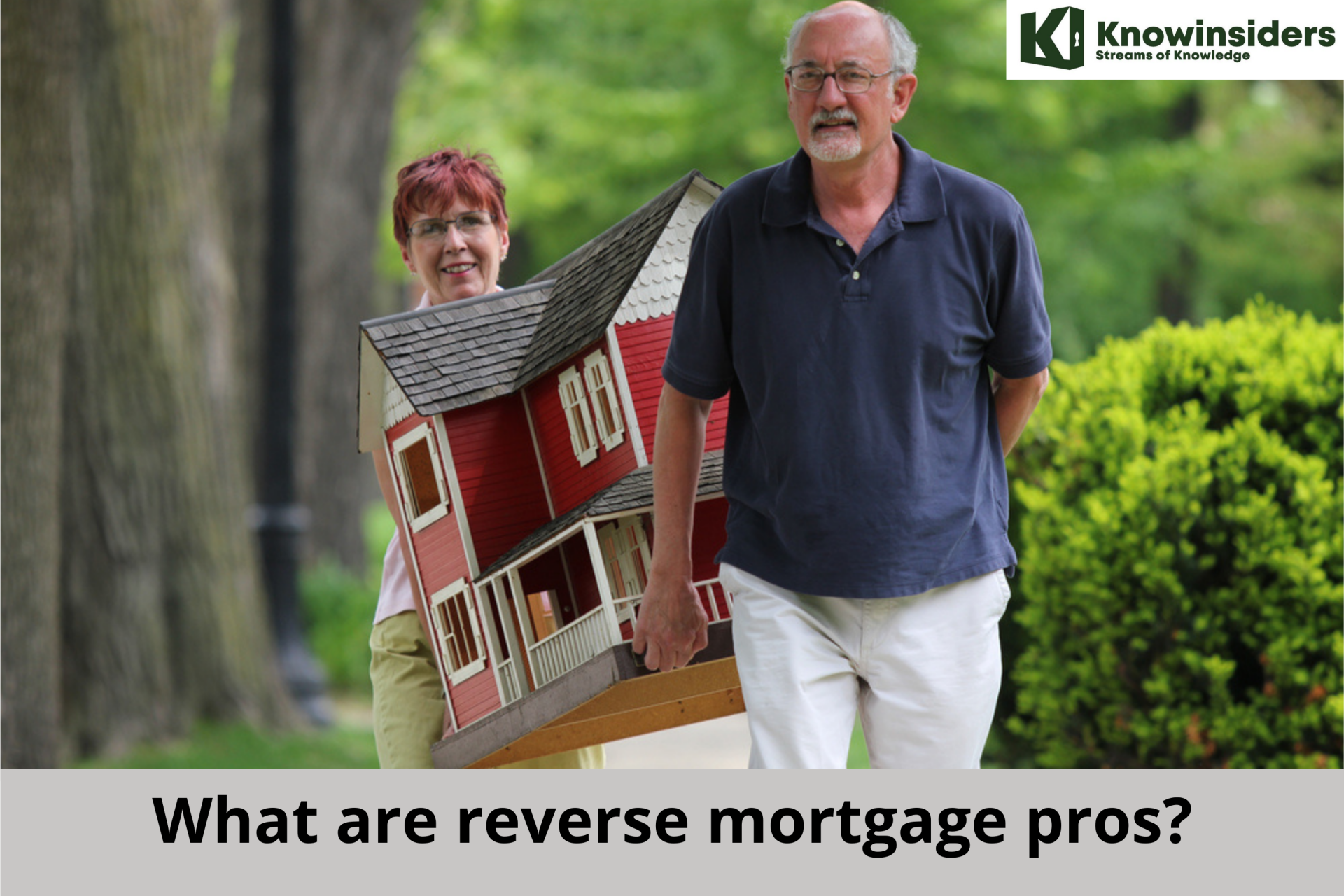 |
| Photo: KnowInsiders.com |
A reverse mortgage could help you stay afloat if you're having trouble meeting your financial obligations. Here are some advantages of choosing a reverse mortgage.
1. Helps Secure Your Retirement
Reverse mortgages are a great option for retirees who have accumulated significant wealth in their homes but little in the way of cash savings or investments. With the help of a reverse mortgage, you can convert an otherwise unusable asset into cash that you can use for retirement expenses.
2. You Can Stay in Your Home
You can continue to live in the property and still receive cash from it, so you don't have to sell it in order to liquidate your asset. This means that if you had to move, you wouldn't have to worry about potentially downsizing or being priced out of your neighborhood.
3. You’ll Pay Off Your Existing Home Loan
A reverse mortgage can be obtained even if your house isn't completely paid off. In fact, you are able to pay off an existing mortgage with the money from a reverse mortgage. This makes money available to use for other expenses.
4. You Won’t Have Tax Liability
The money you receive from a reverse mortgage is regarded by the IRS as a loan advance rather than as income. As opposed to other retirement income like distributions from a 401(k) or IRA, the funds aren't taxed, so to speak.
5. You’re Protected If the Balance Exceeds Your Home’s Value
Your home's value might in some circumstances turn out to be lower than the total amount owed on the reverse mortgage. For instance, this may occur if home prices decline. If this happens, the remaining balance is not a concern for your heirs.
What are reverse mortgage cons?
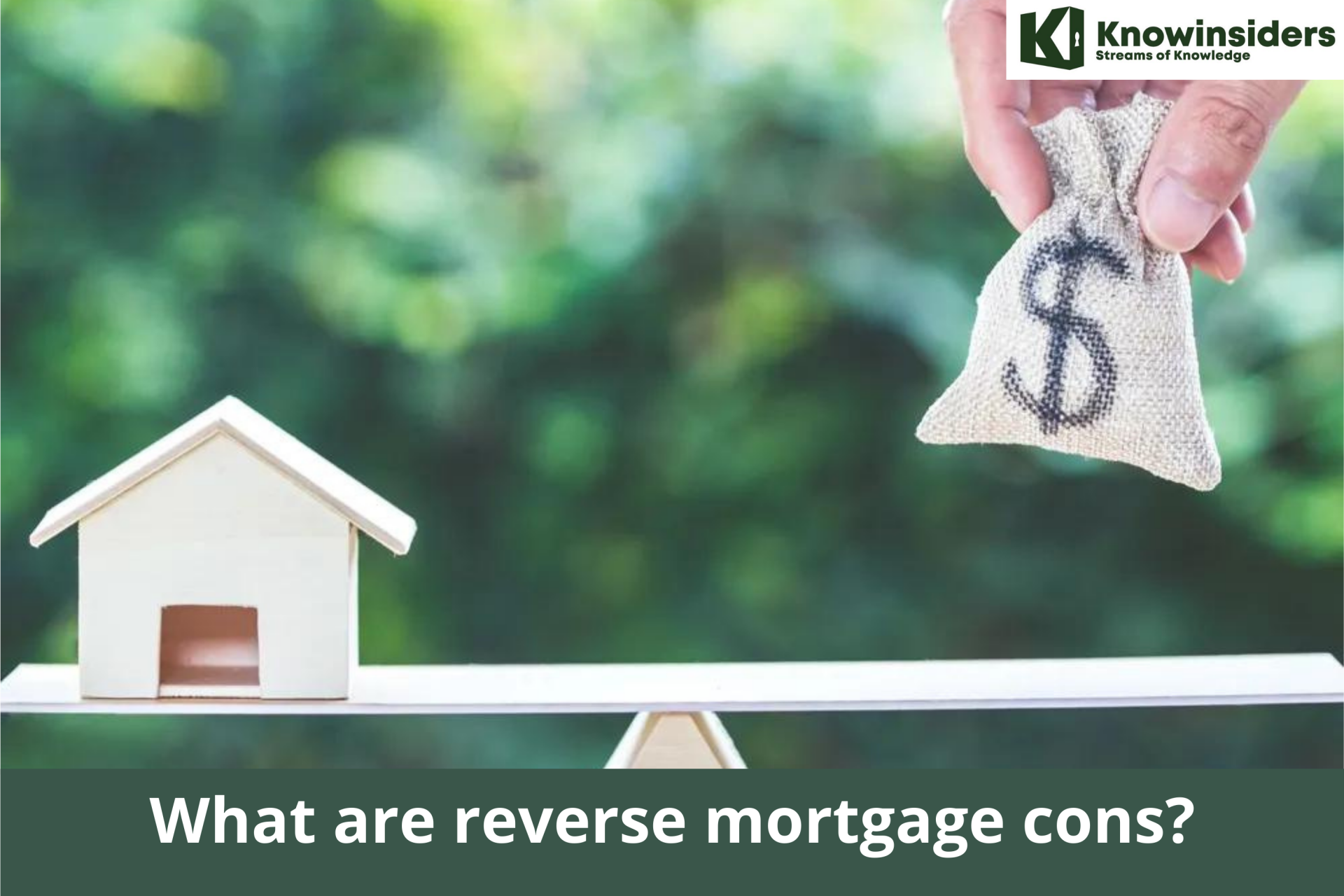 |
| Photo: KnowInsiders |
So what is the downside of a reverse mortgage? Though it might seem like there are many benefits, there are also some serious risks to consider.
1. You Could Lose Your Home to Foreclosure
You must be able to pay your property taxes, homeowners insurance, HOA dues, and other costs of home ownership in order to be eligible for a reverse mortgage. Additionally, you must spend the majority of the year residing inside the house as your primary residence.
You risk defaulting on the reverse mortgage and losing your home to foreclosure if, at any time during the loan term, you fall behind on these payments or stay away from the property for the majority of the year.
2. Your Heirs Could Inherit Less
A crucial step in creating generational wealth is home ownership. However, a reverse mortgage typically necessitates the sale of the house in order to pay off the debt. Your heirs will be obligated to pay the remaining balance of the loan upon your death, or 95% of the home's appraised value, whichever is less. Typically, this entails selling the house or giving the lender the property in order to pay off the debt.
Not to mention, a reverse mortgage depletes the equity in your house. There might not even be any equity left over for your heirs by the time it needs to be paid off.
3. It’s Not Free
A reverse mortgage may not require you to make payments, but there are still a lot of costs involved. You have to pay an upfront insurance premium in addition to keeping up with your taxes, insurance, and HOA dues. This is typically 2% of the appraised value of your house. At closing, you will also pay origination costs. You do have the choice to add these expenses to your loan balance, but doing so will reduce the amount of money you get.
4. It Could Impact Your Other Retirement Benefits
The ability to qualify for other need-based government programs like Medicaid or Supplemental Security Income (SSI) may be impacted by a reverse mortgage, even though it may not be considered income for tax purposes. A benefits expert should be consulted to ensure that your eligibility won't be jeopardized.
5. Reverse Mortgages Are Complicated
Reverse mortgages are subject to numerous restrictions and limitations. These loans carry a lot of risks, which might not be worth the extra money. Any offer for a reverse mortgage should be avoided unless the terms are thoroughly understood.
Who should avoid a reverse mortgage?Although reverse mortgages can be beneficial in some circumstances, they should generally be avoided. Reverse mortgages are not a wise decision if: You can’t find a trustworthy lender or a reputable loan program You have outside savings or life insurance that you can tap to cover expenses You have heirs who want to inherit your property or family members who live with you and who need to stay in the property after the term of a reverse mortgage |
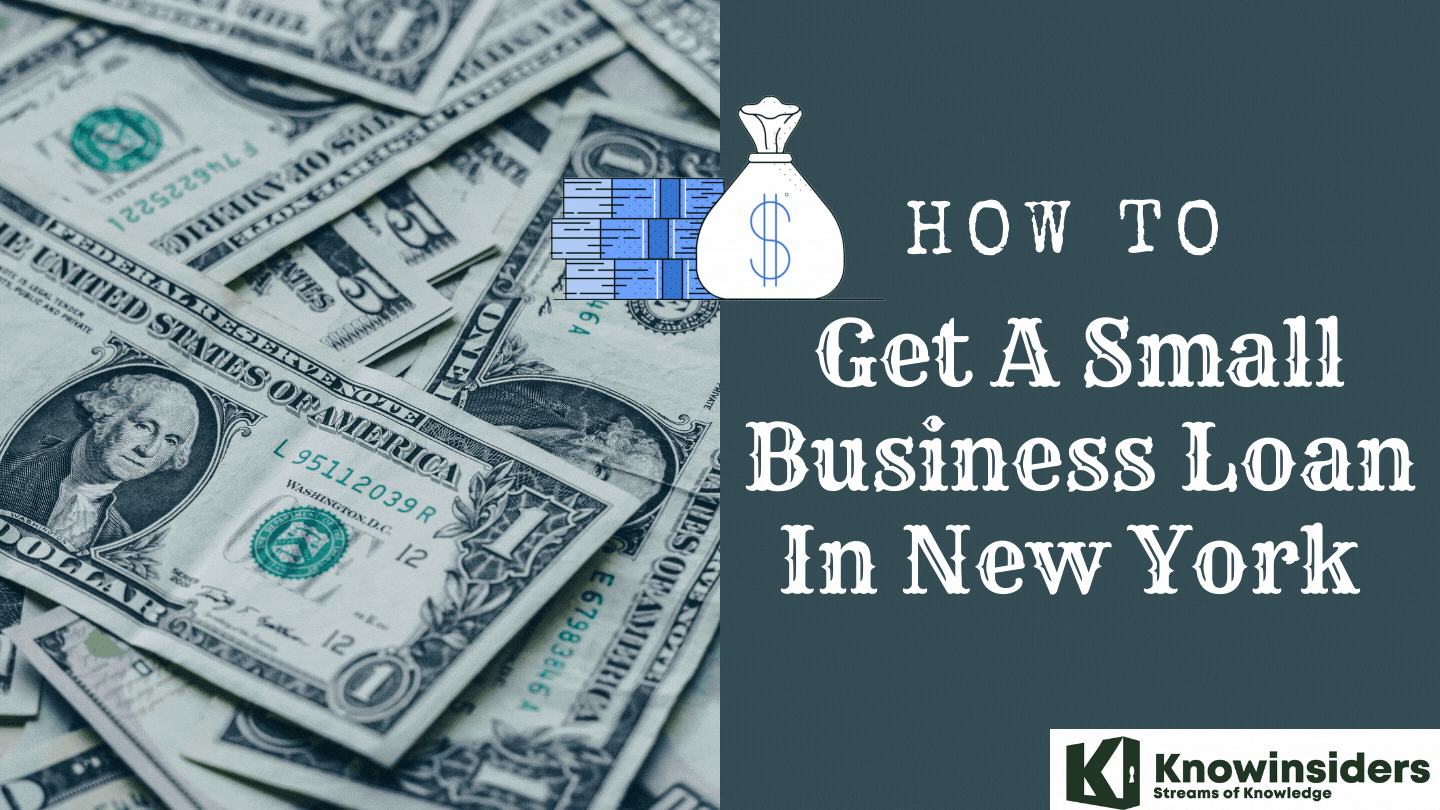 How To Get A Small Business Loan in New York How To Get A Small Business Loan in New York If you are wanting to open a business in the New York, this guide will help you solve your problems with small business loans and ... |
 How To Get A Small Business Loan In America How To Get A Small Business Loan In America If you are looking for ways to begin your business in America, it is essential to understand what a small business loan is and how ... |
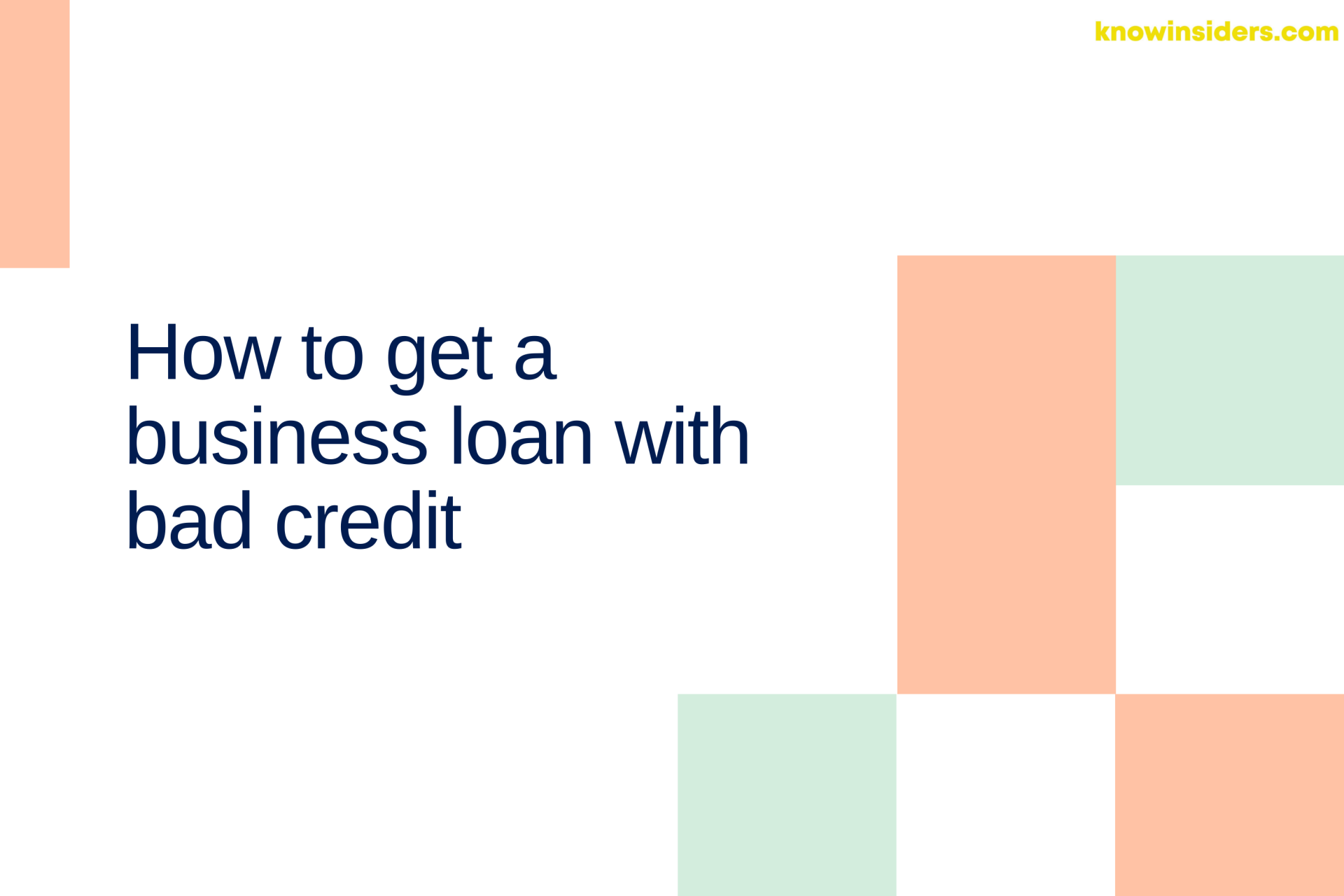 How To Get A Business Loan With Bad Credit How To Get A Business Loan With Bad Credit As a business owner or entrepreneur, there’s a good chance you’ll be looking for funding at some point in the life of your business. Read ... |
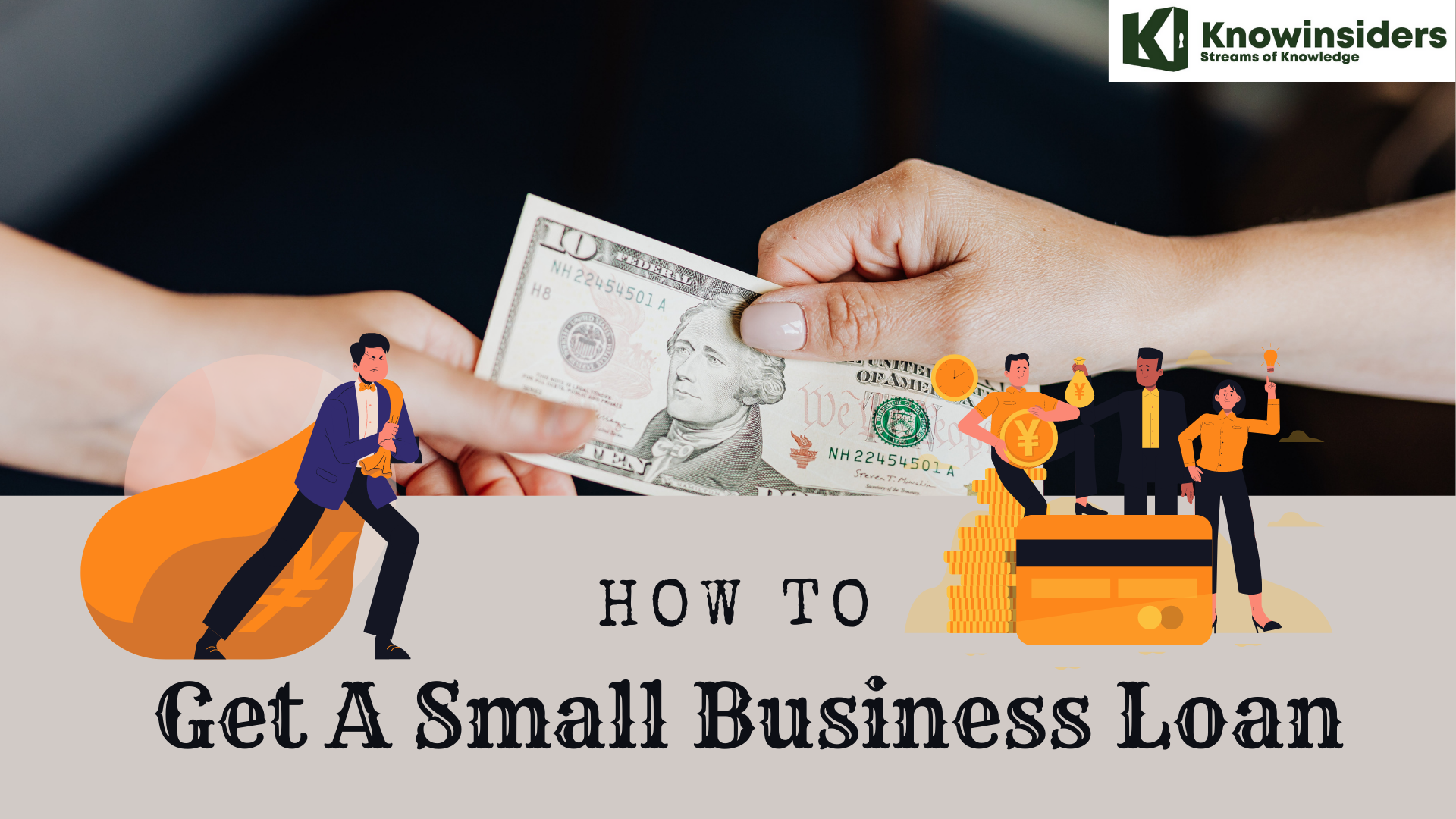 How To Get A Small Business Loan: Best Tips for Startup Success How To Get A Small Business Loan: Best Tips for Startup Success Money is important if you want to start your business, which small business loan will help with that. To better understand what it is and ... |
Laelia Yang
Article URL: https://knowinsiders.com/what-is-a-reverse-mortgage-how-does-a-reverse-mortgage-work-33474.html
All rights reserved by KnowInsider
